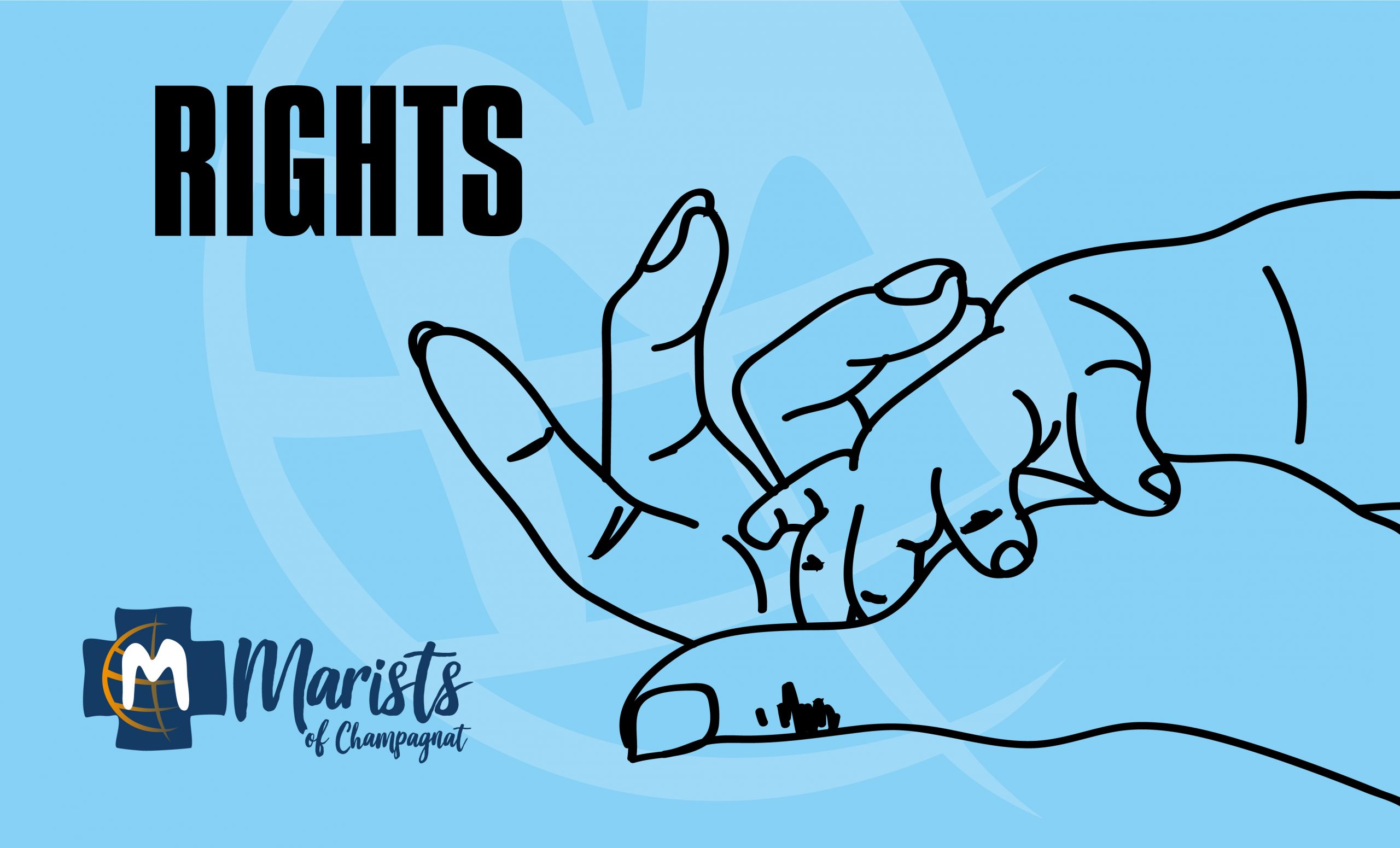
21 August: Commemoration and Tribute to Victims of Terrorism
“Thucydides remains ever relevant. And even more so for those of us who dedicate ourselves in one way or another to human conflicts.” (El mal de Corcira, Lorenzo Silva).
Injustice is a concept that we have fully absorbed into our way of understanding life and, also, our Marist mission. It is a concept that we work on in our schools. A concept that, we try to combat and eliminate from our societies, mainly through education. Moreover, we know that injustice has many faces and that is why we speak of this term in the plural.
One of the great injustices and one of the greatest scourges of the various societies where we Marists of Champagnat are present is terrorism. Violent and criminal acts that seek to instil fear in society, sometimes ‘justified’ as having a political purpose. Terrorism implies suffering, fear, violence, death. Terrorism undermines the rights and freedoms of citizens.
In the same vein, Pope Francis, in his encyclical Fratelli Tutti, points out that terrorism has become entrenched in our societies, and is sometimes linked to religion (283). In the same document, he proposes that we all act for the common good, as Christians, as Marists: “each of us is called to be a peacemaker, by uniting and not dividing… by opening paths to dialogue” (284). A primary element to which we are called, then, is dialogue, to practice it and to teach it, to pass it on and to live it, personally and in community, with our children and young people and with our families. Let us remember the call of the XXII General Chapter to be bridge-builders.
There is a second element that has to become part of every day life, often even at great effort. We are referring to forgiveness. We know that forgiveness is a distinctive element of Christianity, which Jesus invites us to practise up to “70 times 7” times, as we are reminded in the inspiring text of Matthew (Mt 18:21-35). The first two verses (21 and 22) are explicit, in the face of Peter’s direct question to Jesus. The second part of the text recounts a parable that reminds us of real-life situations and how, in such situations, we need to be attentive and ready to forgive. Given the significance of forgiveness, it is not surprising to note that the Pope devotes a chapter of Fratelli Tutti to forgiveness, to help us better understand its ” value and meaning” (236-245).
The United Nations, on the occasion of the “International Day of Commemoration and Tribute to the Victims of Terrorism”, invites us not to forget those who have suffered the consequences of this injustice, to take their side and the side of those who suffer most in our societies. As educators, we can do this mainly through education in our schools. Unfortunately, there are many children and young people who have suffered some kind of senseless violence (even if violence never makes sense).
We end this reflection with the words of Pope Francis, this time in Laudato Si (213), to remind us of our role as educators in society. The Pope speaks to us about learning in the family context, which we can extend to our educational works. Teaching to say “thank you”, and to ” apologise”: these are “gestures of sincere courtesy that help to build a culture of shared life and respect for what surrounds us”.
__________
“I always wanted to understand why and how an entire society had fallen hostage to such a nightmare. As often happens in such cases, the path was the pursuit of a dream, ill-conceived, ill-planned and unscrupulously served”. (El mal de Corcira, Lorenzo Silva).
_________________
Br. Ángel Diego García Otaola – Director of the Secretariat of Solidarity
